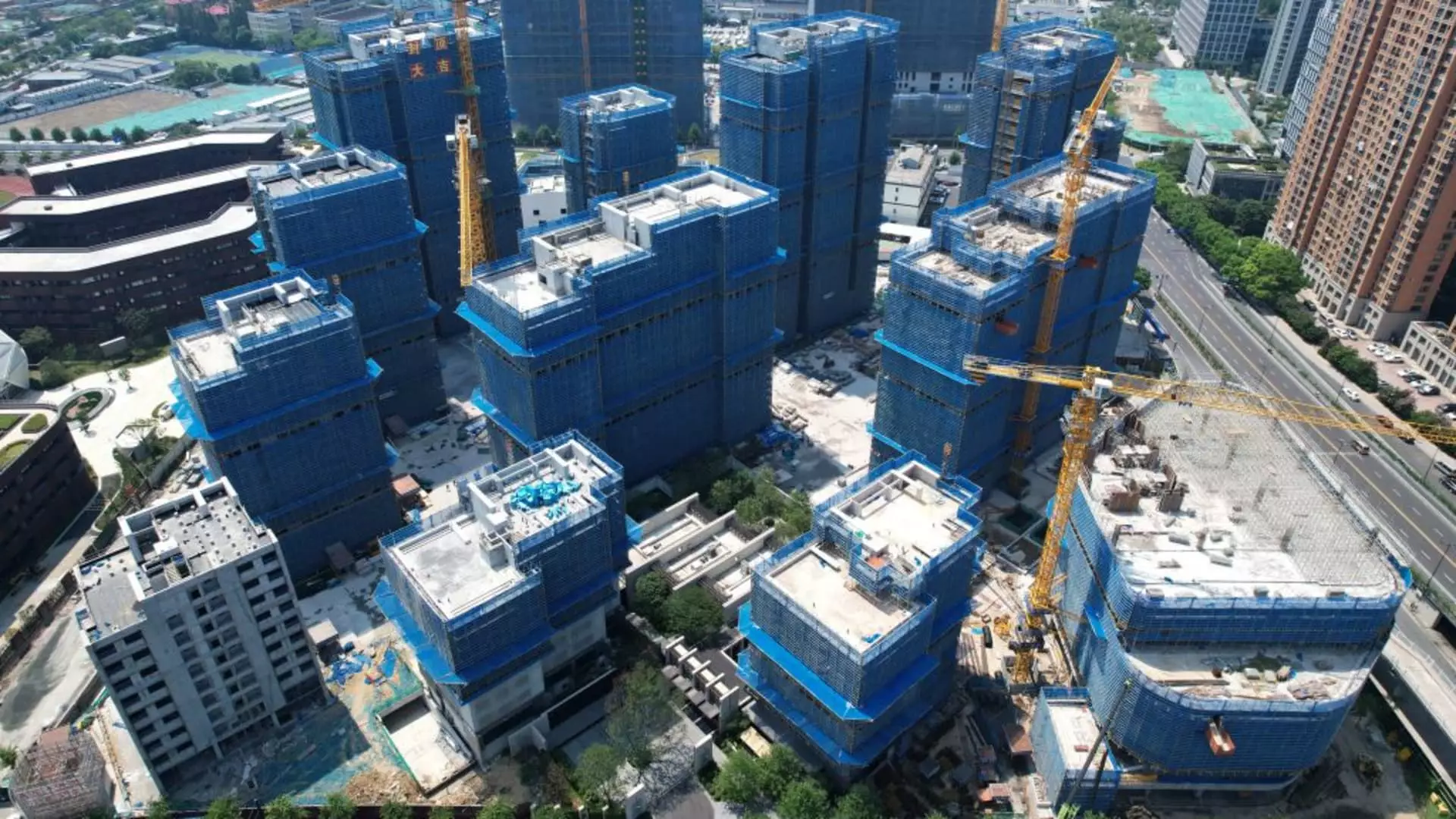China’s economic landscape has seen a significant shift in recent years, with some cities thriving while others struggle to keep up. The latest data from the Milken Institute’s best performing cities China index reveals a mixed bag of results for the country’s large- and mid-sized cities. Hangzhou, the capital of Zhejiang province and home to tech giants like Alibaba, has emerged as the top performer in this year’s rankings.
Property Woes and U.S. Sanctions
While Hangzhou basks in its success, other cities like Zhuhai have not been as fortunate. Once considered a “rising star,” Zhuhai has plummeted in the rankings due to a slump in the real estate market. The city, located in Guangdong province near Hong Kong, has seen a dramatic drop of 32 places in the index, landing at 157th place. Perry Wong, managing director of research at the institute, attributes this decline to a lack of demand for housing and a shortage of funds for developers to complete their projects.
In addition to property struggles, certain cities in China have also felt the impact of U.S. sanctions. Dongguan, known as the city of factories and home to Huawei’s sprawling campus, has dropped 15 places in the rankings to 199th place. This decline is largely due to punitive measures imposed by the U.S. on Chinese companies, affecting Dongguan’s economic prospects. Wong highlights the challenges faced by cities like Dongguan and Shenzhen, which have been targeted by the U.S. for blacklisting Chinese companies.
Zhengzhou, another key city in China’s economic landscape, has also experienced setbacks, falling to 22nd place in the index. Home to iPhone manufacturer Foxconn, Zhengzhou’s decline can be attributed to geopolitical tensions and disruptions in global trade. Despite these challenges, cities like Wuhan and Hefei have managed to fare better in the rankings. Wuhan, propelled by its efforts to maintain operations during the pandemic, has surged nearly 30 places to second place. Hefei, supported by government initiatives for technological development, has remained in the top ten cities.
The Future of China’s Cities
Looking ahead, the prospects for China’s cities remain varied. Hangzhou’s success as a hub for e-commerce, manufacturing, and finance underscores the city’s potential for growth. However, replicating this success may prove challenging, particularly in light of the inflated property market and rising living costs in the region. As China continues to navigate economic uncertainties and external pressures, the resilience and adaptability of its cities will be crucial in shaping the country’s future economic landscape.

